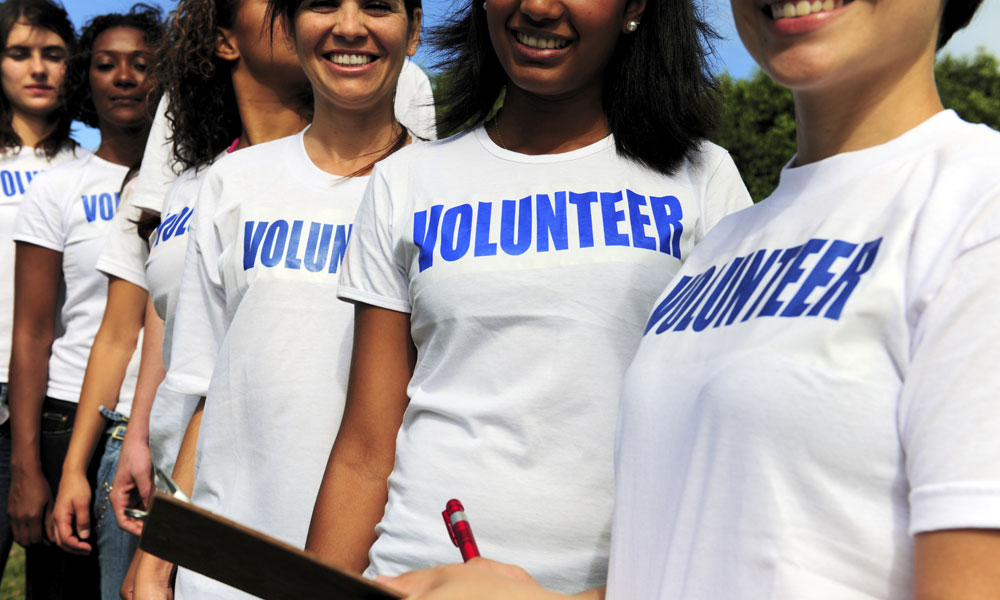
Volunteer. It’s Good for You!
Two new studies show that volunteering can improve your health and make you more employable.
There’s little doubt that volunteers are important to a nonprofit organization’s success. Last year, 64.5 million people volunteered about 50 hours of their time to at least one organization, according to the Bureau of Labor Statistics (BLS). But as volunteers give their time, they may also be helping their own cause.
Volunteering has been linked to better employability and better health in two new studies.
According to research by the Corporation for National and Community Service [PDF] that looked at BLS and U.S. Census Bureau data from 2002 to 2012, unemployed people who volunteered were 27 percent more likely to land a job regardless of race, gender, age, ethnicity, location, or job market conditions.
The link between volunteering and employment had the biggest effect on people who didn’t finish high school (51 percent increase in odds) and those who live in rural areas (55 percent increase).
“Many of us in the volunteer sector have long felt volunteering gives a boost to those looking for work, but we’ve never had solid research to back it up,” Wendy Spencer, CEO of CNCS, said in a statement. “[Volunteering] can help job seekers develop skills and expand professional contacts, creating a positive impression that can make a big difference in a competitive job market.”
In a separate study, UnitedHealth Group and the Optum Institute found that volunteering is linked to better mental, physical, and emotional health. According to the report [PDF], 76 percent of the 3,351 U.S. adults surveyed said volunteering made them feel physically healthier, and 78 percent reported lower stress levels. Ninety-six percent of people who volunteered in the last 12 months said the experience “enriched their sense of purpose in life.”
Volunteering can also boost an individual’s performance in the workplace: 87 percent said volunteering helped develop teamwork and social skills, and 81 percent of employed volunteers said their relationships with colleagues were strengthened.
“These findings show that the benefits of volunteering help strengthen communities and have real, measurable health benefits for the people who volunteer,” Kate Rubin, UnitedHealth Group vice president of social responsibility, said in a statement. “Employers enjoy the benefits of physically and mentally healthier employees; those that support volunteering programs in the workplace see added benefits that drive directly to their bottom line.”
(iStockphoto/Thinkstock)






Comments